Did you know that there are various superstitions in Japan? In Japan, it has long been believed that gods reside in all things, and some everyday occurrences are considered omens of good events prepared by these gods. Some superstitions might be difficult to understand why they are considered auspicious. Therefore, this time, we will introduce some of the superstitions in Japan that are said to bring good fortune and explain why they are considered auspicious. We will introduce seven auspicious superstitions, as the number seven is considered lucky.
Hatsuyume: “First Mount Fuji, Second a Hawk, Third an Eggplant”
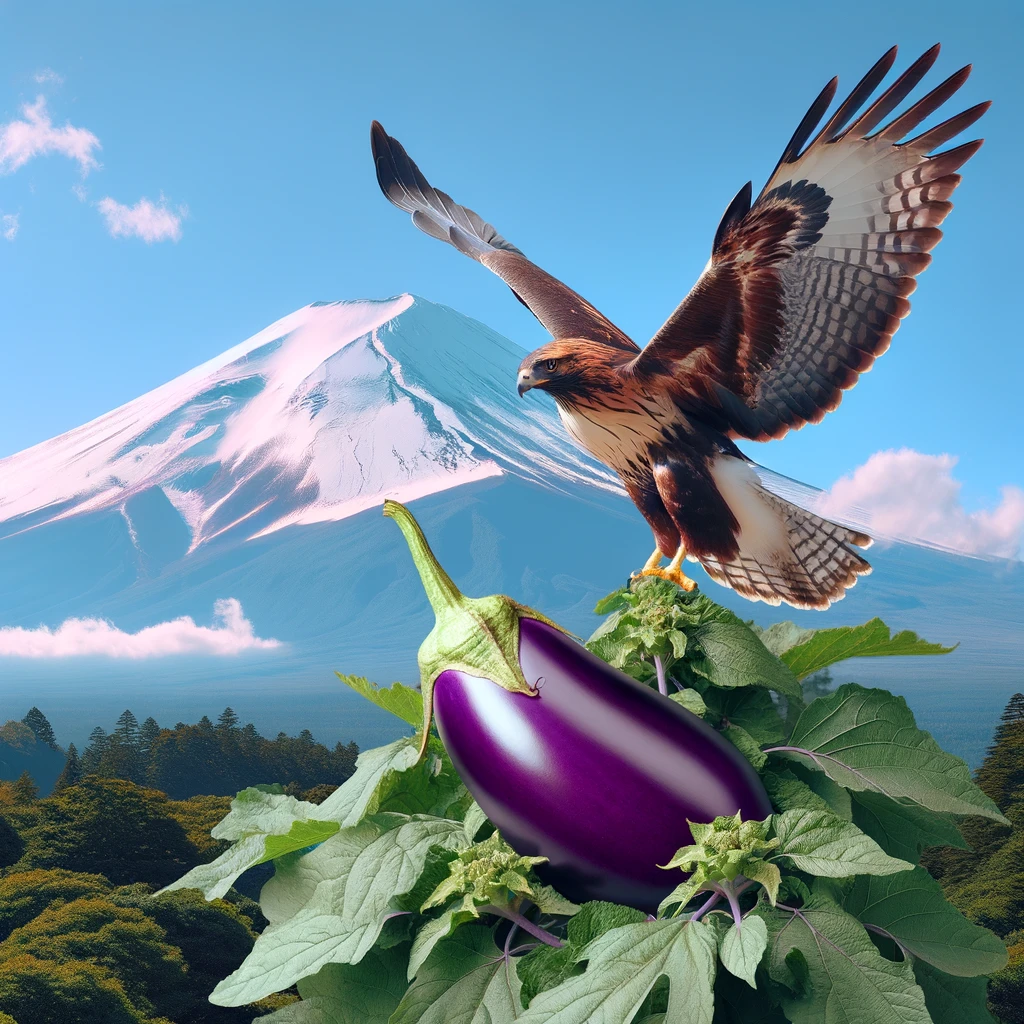
In Japan, there is a superstition that the first dream you have in the New Year symbolizes your fortune for the year. Hatsuyume refers to the dream seen on the night of New Year’s Day, particularly from January 1st to 2nd, and it is believed that the content of this dream can predict the year’s fortunes. The belief in hatsuyume became widespread during the Edo period. During this time, New Year’s events and customs became more abundant, and hatsuyume also gained significant importance among people. It is thought that having a good dream as your first dream of the year symbolizes good luck for the entire year.
The most famous superstition related to hatsuyume is the phrase “First Mount Fuji, Second a Hawk, Third an Eggplant.” This means that if you dream of Mount Fuji, a hawk, and an eggplant, it is considered particularly auspicious. Mount Fuji symbolizes stability and eternal happiness, the hawk represents significant improvement and success, and the eggplant symbolizes unexpected good fortune (since it is surprising for an eggplant to appear in a dream).
To ensure a good hatsuyume, people employ various methods. For example, placing pictures or images of Mount Fuji, a hawk, or an eggplant near their pillows in hopes that they will appear in their dreams. Additionally, it is considered important to have a positive mindset before going to bed, think of good things, and welcome the New Year with a calm heart.
Even today, the superstition and customs surrounding hatsuyume remain strong. The desire to have a positive dream at the beginning of the New Year reflects people’s wishes to start the year with hope and optimism. Hatsuyume is a beautiful part of Japanese culture, filled with expectations and hopes for the new year and wishes for good fortune.
Having Large Earlobes Means You Will Become Wealthy

The superstition that having large earlobes means you will become wealthy is a widely believed custom in many regions of Asia, including Japan. This belief is derived from traditional belief systems such as physiognomy and feng shui, which attempt to interpret an individual’s fate, personality, and even financial fortune based on their physical features.
Large, thick earlobes are generally considered symbols of wealth and prosperity. Particularly, well-protruding, soft earlobes are seen as a sign of lifelong abundance. Additionally, there is a belief that earlobes are associated with longevity, with large earlobes being interpreted as an indication of a long life.
This superstition is influenced by physiognomy, an ancient study that tries to read a person’s fortune and character from their facial features. In physiognomy, having large earlobes is also a symbol of wealth and generosity, suggesting that the person will be materially blessed and have the potential to achieve great success in life. Such beliefs extend beyond the size of the earlobes to include detailed interpretations of the overall shape and position of the ears.
The superstition that having large earlobes leads to wealth is deeply rooted in cultural backgrounds. For example, in Buddhism, it is known that Shakyamuni (Buddha) had large earlobes, symbolizing that he was once a prince who renounced worldly wealth. Large earlobes are seen as a symbol of Buddha’s wealth and deep enlightenment, which has spread as a symbol of wealth and prosperity throughout Asia.
Keeping a Shed Snake Skin in Your Wallet to Increase Financial Luck

The superstition that keeping a shed snake skin in your wallet increases financial luck is a custom seen in several cultures, including Japan. This superstition originates from the ancient symbolism of snakes representing fertility, rebirth, and protection. The process of a snake shedding its old skin and being reborn with new skin is viewed as a symbol of renewal and new beginnings, which has been linked to the belief in increased financial luck.
The practice of placing a shed snake skin in a wallet is believed to bring financial fortune due to several symbolic meanings associated with snakes. Just as a snake sheds its old skin to gain new life, this custom is thought to bring a new flow of wealth into the wallet while shedding old misfortunes.
In many cultures, snakes are revered as sacred creatures and are often symbols of good luck and prosperity. In Japan, snakes are particularly associated with rice farming and are sometimes considered guardians of a good harvest. From this background, the custom of valuing shed snake skin emerged and has been passed down to modern times as a way to increase financial luck.
Even today, some people practice this custom. When they find a shed snake skin, they purify and dry it before placing it in their wallet to attract financial luck. However, believing in such superstitions is a personal choice, and it is not based on scientific evidence.
If You Repeat Your Wish Three Times While a Shooting Star is Passing, Your Wish Will Come True

The superstition that making a wish when you see a shooting star will make it come true is widely believed around the world. However, the variation “if you repeat your wish three times while the shooting star is passing, your wish will come true” emphasizes the importance of strongly imprinting your wish in your heart. This superstition is rooted in people’s awe of shooting stars as rare and mystical phenomena.
The custom of making a wish upon a shooting star has existed since ancient times, originating in an era when shooting stars were considered celestial messengers or signs from the gods. Because shooting stars are rare astronomical events, people viewed these moments as special and believed they held significant meaning. Therefore, making a wish upon seeing a shooting star was seen as a way to directly convey desires to the universe or mystical forces.
The practice of repeating a wish three times serves to reinforce the wish and clarify the message to the universe. The number “3” is considered sacred in many cultures and religions, symbolizing completeness and emphasis. Repeating a wish three times is thought to make the wish more powerful and increase its chances of coming true. This practice highlights the importance of sincerely wishing from the heart, not just repeating words but entrusting heartfelt desires to the universe.
The superstition of making a wish upon a shooting star is deeply connected to human awe of celestial phenomena. Since ancient times, people have believed in the mystical powers of stars and cosmic events and sought to resolve their daily desires and troubles by entrusting their wishes to these phenomena. Because of their rarity and beauty, shooting stars are believed to have a particularly strong power to grant wishes, leading to unique wish-making traditions in many cultures.
A Standing Tea Stem Brings Good Luck
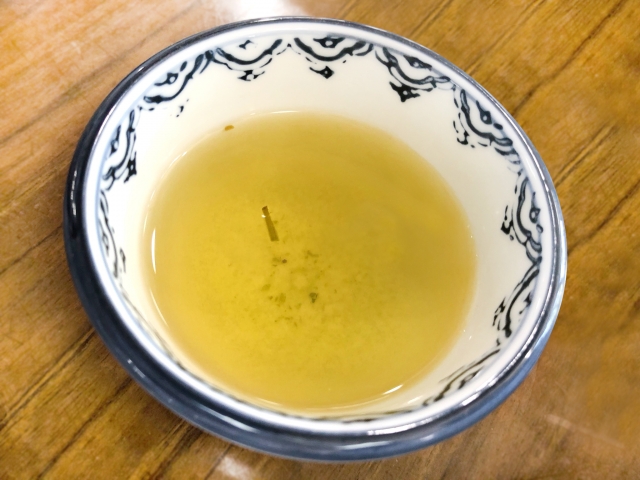
In Japanese tea culture, there are many interesting superstitions and customs, one of which is the belief that “a standing tea stem brings good luck.” This refers to the phenomenon where a part of the tea leaf stands vertically at the bottom of the cup when tea is brewed, and it is considered a sign of good fortune.
This phenomenon is mainly seen with green tea. After pouring hot water, the tea leaves move around as if dancing, and sometimes one stem stands upright. When this rare event occurs, it is said that the person who witnesses it will be blessed with good luck. The reason this is considered auspicious is due to its rarity and randomness.
The phenomenon of a standing tea stem is deeply connected to Japanese tea culture. Tea in Japan is not just a beverage but an important part of social interaction, meditation, and hospitality. Therefore, superstitions and customs related to tea are rooted in the daily life and values of the Japanese people.
Even today, when a tea stem stands upright, many people share photos on social media or share the moment with family and friends. Finding such small pieces of good luck brings a positive feeling to daily life and fosters a sense of cultural connection.
Swallows Building a Nest Under the Eaves Brings Prosperity in Business
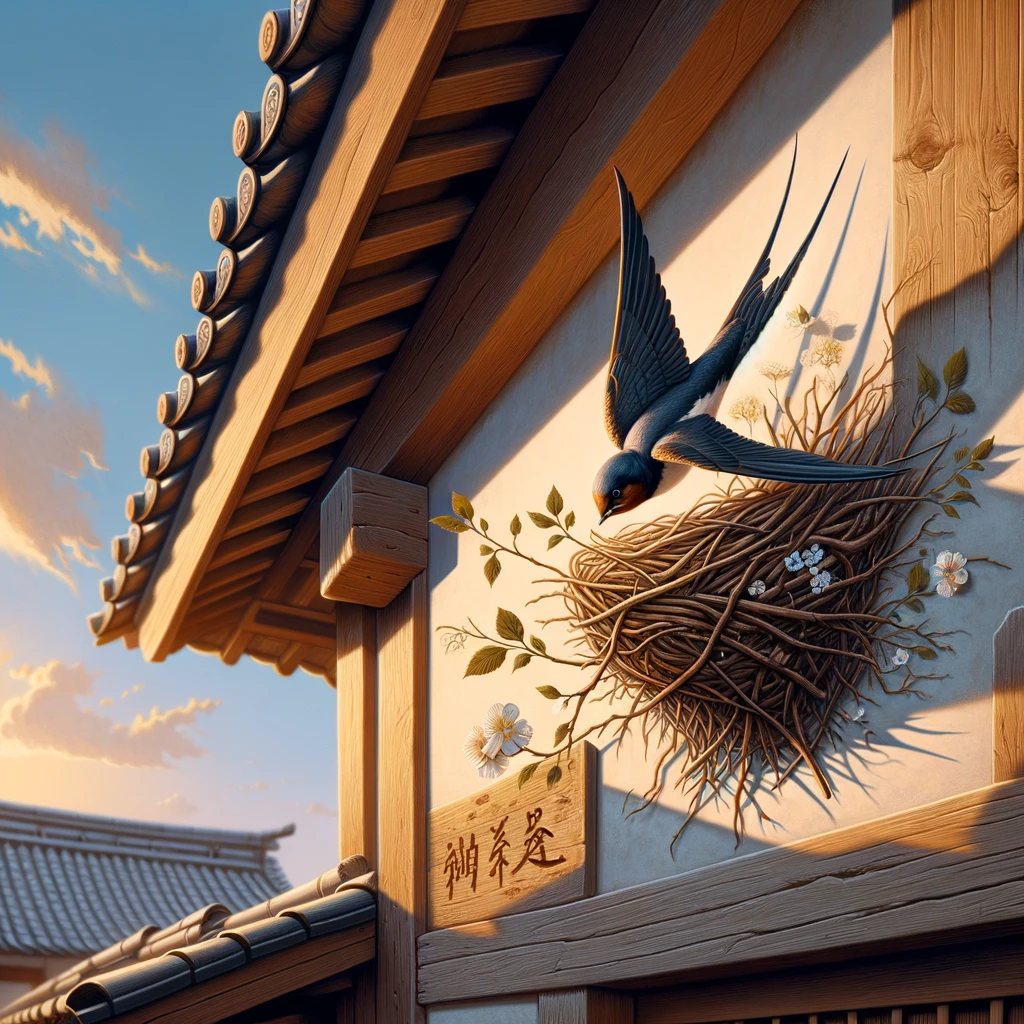
The superstition that swallows building a nest under the eaves brings prosperity in business is a custom believed in many countries, including Japan. Swallows are birds that return from warm regions with the arrival of spring, and their lively appearance symbolizes new beginnings and the rebirth of life. When swallows build a nest under the eaves of a house or shop, it is considered a sign of good luck and prosperity, especially for those in business.
Swallows building a nest is also seen as proof that the environment is safe and secure. Swallows carefully choose their nesting spots, preferring safe places with a lot of human activity and abundant food. Therefore, a swallow building a nest under the eaves of a shop or house is perceived as a good omen that the place is lively and flourishing.
Particularly in business locations, swallows building a nest are regarded as a “blessing from the gods” and are treated with great care. Protecting the swallows’ nest is seen as an act of accepting their blessing and wishing for further prosperity. Additionally, swallows’ ability to travel long distances symbolizes attracting customers from far and wide, further associating them with business success.
Swallows also play a role in improving the living environment by preying on pests like mosquitoes and flies. Therefore, swallows building a nest is an indicator of a healthy ecosystem and symbolizes harmonious coexistence with nature.
A Morning Spider Brings Good Luck

The superstition that a morning spider brings good luck is an old custom passed down in many cultures, including Japan. This superstition is based on the belief that seeing a spider in the morning brings good fortune. Conversely, seeing a spider at night is often considered a bad omen. This belief stems from the role of spiders in nature and the rich symbolism associated with spider webs.
Spiders are known for their delicate web-weaving skills, and their webs symbolize meticulous design and the fruits of labor. A spider web glistening in the morning light is said to suggest that the efforts and creativity of a new day will bear fruit. Therefore, seeing a spider in the morning is perceived as a good sign that the day will be productive and filled with success.
The background of this superstition includes the role of spiders in nature and the awe people have felt towards natural phenomena. Spiders play a crucial role in maintaining ecological balance by preying on pests, indirectly impacting human life. Viewing a morning spider as a symbol of good luck reflects a cultural appreciation for harmony with nature and gratitude for the natural cycle.
Even today, many people cherish this superstition. Spotting a spider in the morning can make one feel like they’ve found a small piece of good luck to start the day positively. While this superstition is not based on scientific evidence, it plays an important role in giving people hope and reminding them of their connection to the natural world.
Eating the First of the Season Adds Seventy-Five Days to Your Life
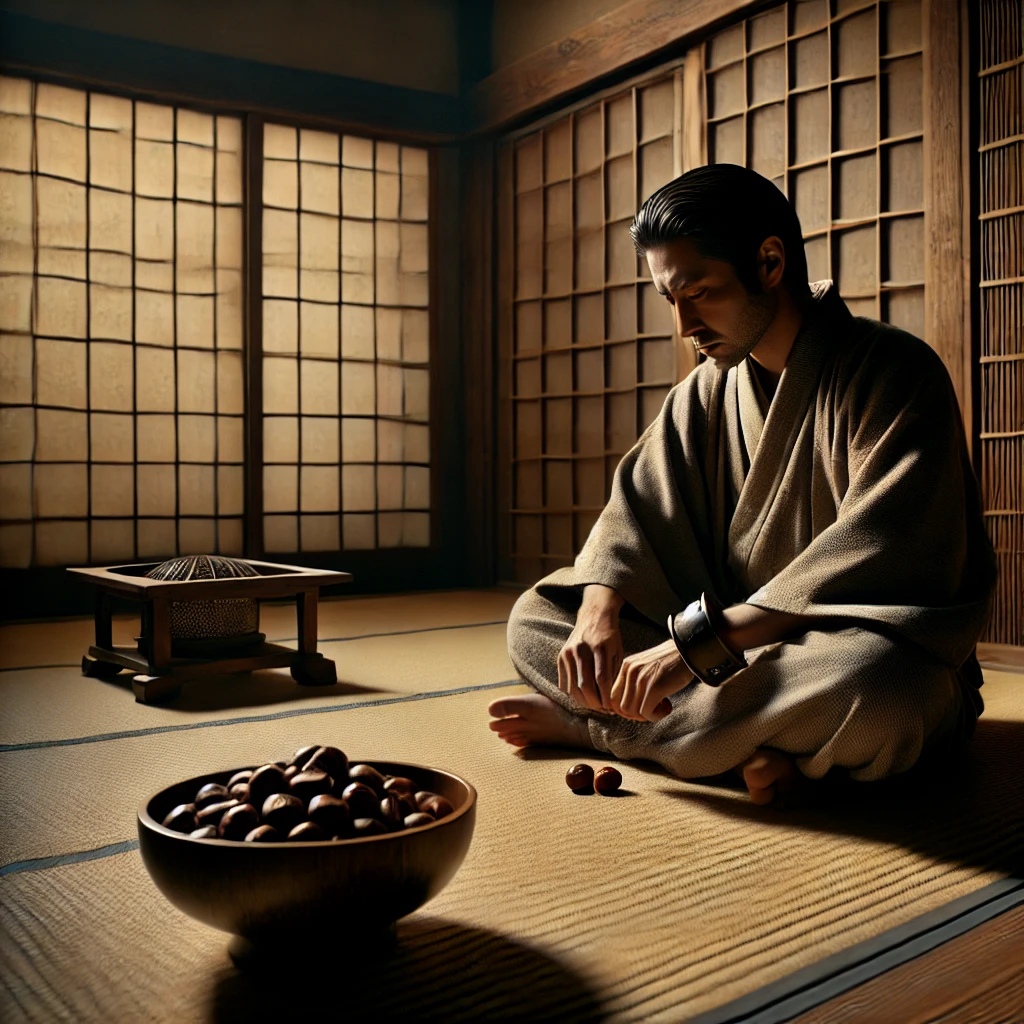
In Japan, there has long been a saying, “Eating the first of the season adds seventy-five days to your life,” which is considered auspicious. This proverb reflects the special significance and mystical power that Japanese culture attributes to the first produce of the season. “Hatsumono” refers to the first crop or the first of the season’s produce. For example, the first harvest of the season’s rice, the first bonito, or the first tea leaves. These foods are the first to be harvested in their season and are considered fresh and highly nutritious.
The Japanese have traditionally placed great importance on hatsumono, believing that consuming them grants special vitality, leading to health and longevity. It was thought that the fresh and rich nutrients of hatsumono provided a unique source of energy not found in other foods.
The origin of this proverb dates back to a story from the Edo period involving condemned prisoners. At that time, prisoners sentenced to death were allowed to choose their last meal. Hoping to live even one day longer, they would deliberately choose out-of-season foods. As a result, a story spread among the common people that these prisoners lived for seventy-five more days, giving rise to this superstition.
Conclusion
How was it? We have introduced seven superstitions in Japan that are considered to bring good luck. You may have heard of some, like the first dream of the year, but others, such as the belief that seeing a spider in the morning or having swallows build a nest under your eaves brings good luck and prosperity in business, might be new to you. Knowing these superstitions can make everyday life more enjoyable, don’t you think? Though minor, we hope to continue delivering interesting knowledge that stimulates intellectual curiosity to everyone!





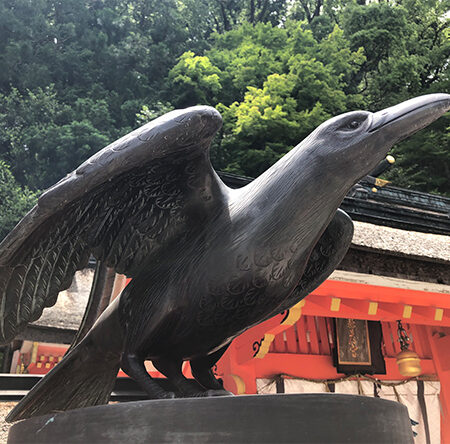


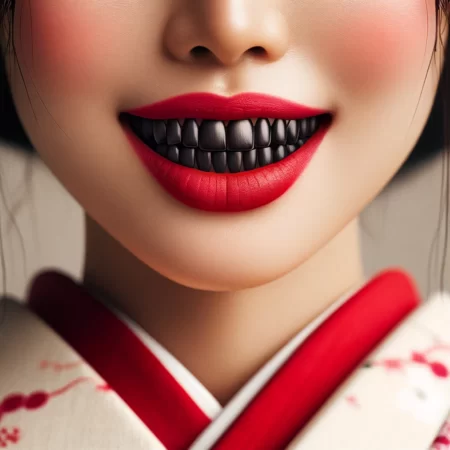
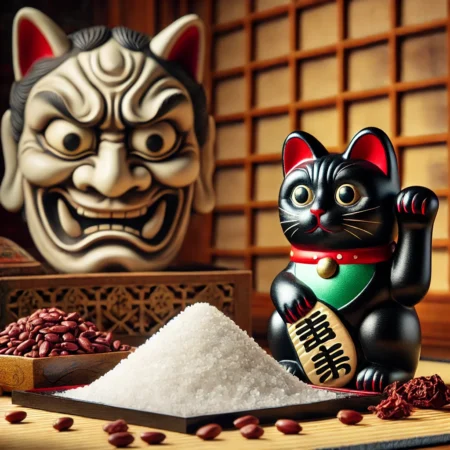
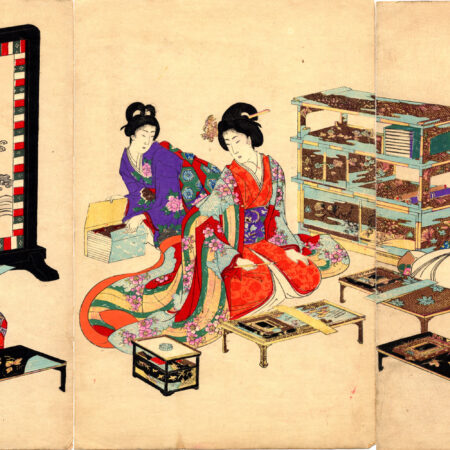
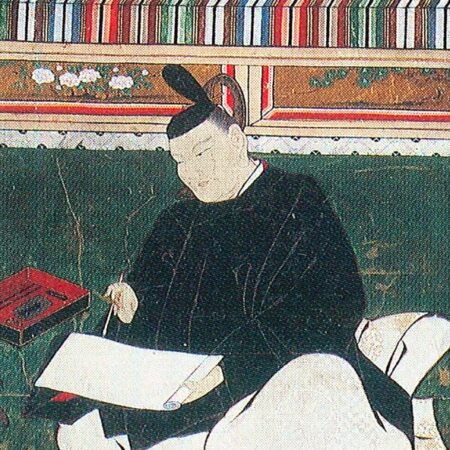


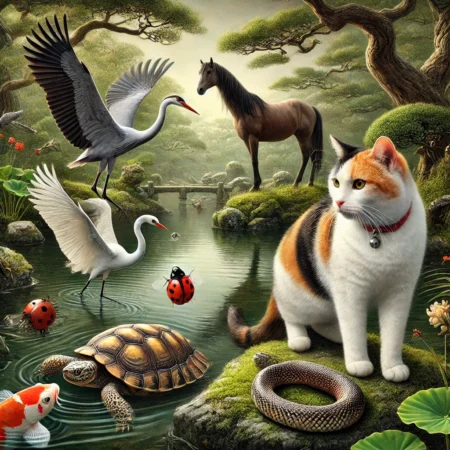
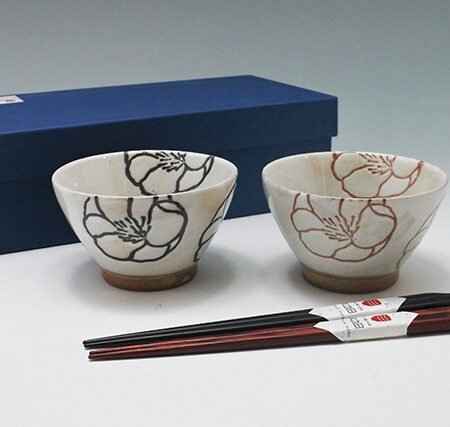
コメント